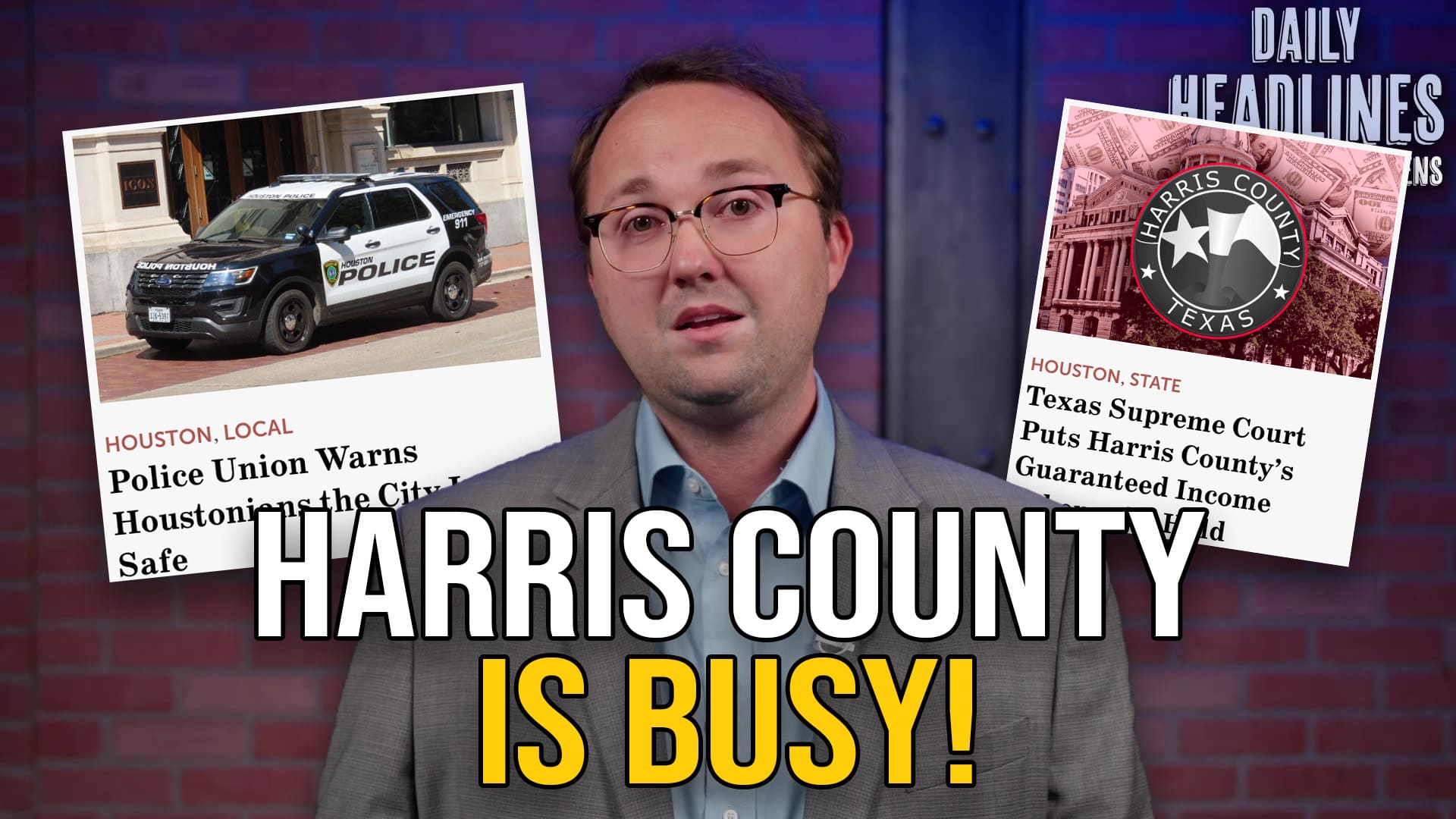Texting while driving is an issue that has been in the spotlight over the last half-year and increasingly state legislatures, including Texas’, are planing on doing what they do best: try and legislate the problem away. In this case that may not be necessary and in fact detrimental.
Market Solutions:
Recently the Wall Street Journal reported that insurance companies were working on phone apps that would lock phones from texting or calling while a car was in motion (there would be exceptions for 911 calls). In return for installing the application the insured driver would get a break on their premiums. The insurance companies also save based on the assumption that there will be fewer claims.
Today being in a state of constant communication, especially with the proliferation of web based solutions, is considered important, even an imperative. As a result it is not uncommon for individuals to opt to drive instead of fly because of the dreaded “dead air time.” I know that I am guilty of this scenario as are many other business travelers. To address this class of workaholics Southwest and other airlines are rolling out wifi on their aircraft. These companies believe, and I tend to agree, that when productivity in the air is an option there will be more tickets sold. As a byproduct, that means less phone play in the car.
Market-based solutions working in conjunction with others would not only be beneficial to constituents pocket books and well being but the bottom lines of businesses. Creating a win win situation. Legislation could mean that in this case would be limiting the ability of businesses to function and constituents to save.
Cost & Redundancies in Law:
Here, as with all legislation enforcing texting while driving laws will come with a cost. Law enforcement officials would have yet another issue to address with already stretched resources. And of course there is the redundant nature of banning texting while driving as it can fall under the category of reckless driving.
Popular Opinion:
Representative Aaron Pena, citing a New York Times poll, brought to my attention this morning that 90% of Americans polled are against texting while driving.
Working on legislation when public opinion is so overwhelmingly against texting while driving seems a poor use of the limited time that Texas’ legislature has to discuss the well being of our state. We should instead merely harness popular opinion to create the imperative that socially outcasts those who text-and-drive. Existing laws take care of those who flaunt convention, text-and-drive, then recklessly cause an accident.




